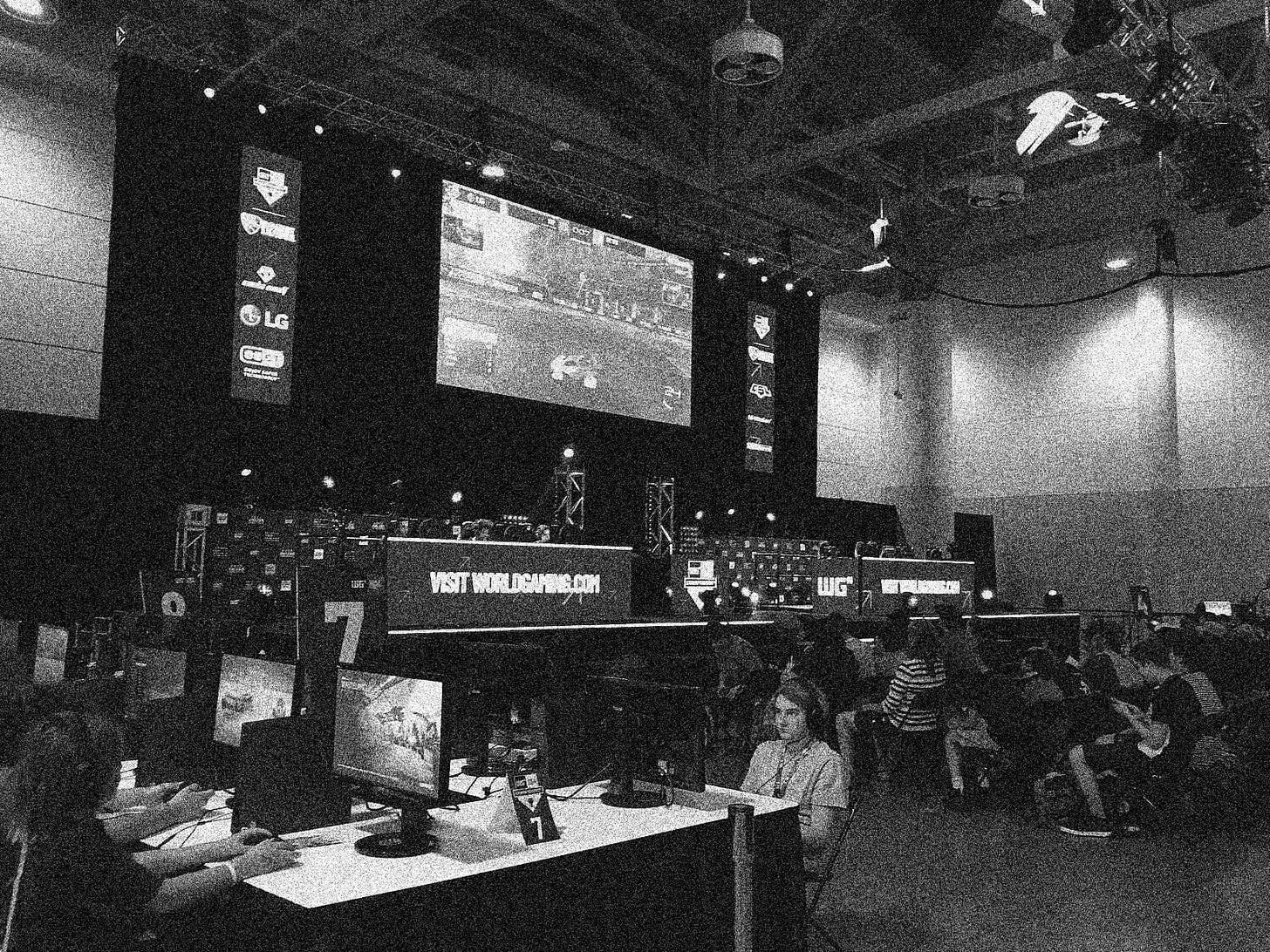The Promise of Video Games
Helldivers 2 uses the video game form to raise fundamental questions about agency and intention. Unfortunately, like so much of the culture industry, it ultimately compromises its core message for the typical rewards of the entertainment industry.
The claim that video games are superior to other media rests on a simple idea: that they allow us to momentarily become someone else. A late 1970s Atari ad famously tempted the prospective player to "be a flying ace, a race car champion, a tennis star, and a space pioneer all in one afternoon." Although the means for achieving that have obviously change…




